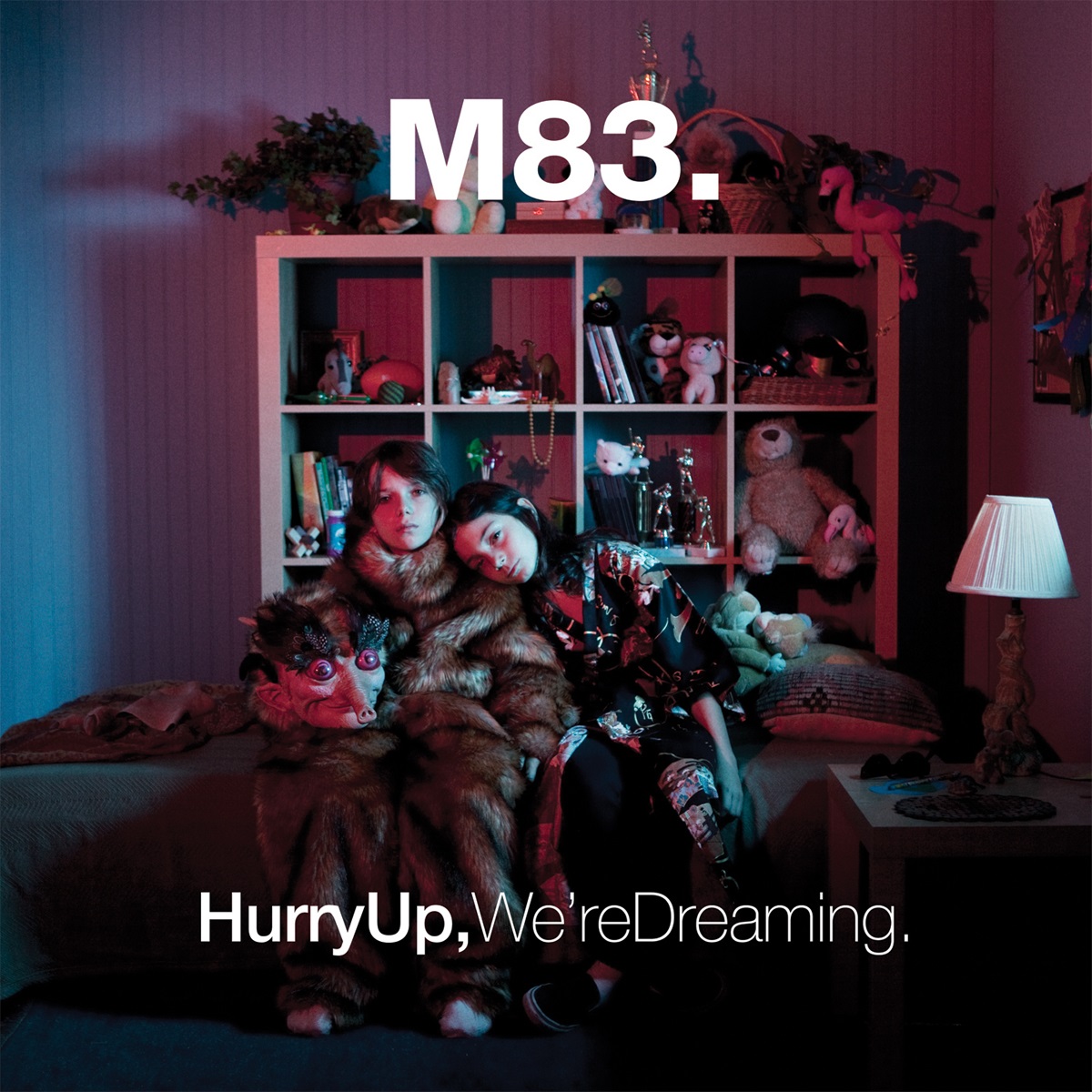Within the trajectories of time and memory, the music of The Cure provides remarkable forms of solace and substance as we spin through our own mortal coils: “Living the Cure” is a new weekly column by Atwood Magazine’s David Buyze.
•• •• •• ••
Introduction
Imagine a song of The Cure as a transcendent moment in your life and tell me your secret.
In my experience, the music of The Cure has been a constant inspiration throughout the journey of life in providing the antidote to the most dire of existential crises which can occur while contemplating the significance of one’s self in the universe amidst the realms of unfinished experiences, forms of devastating loss in life and love, the unrequited sense of being in the world, and the saturating wonders of life amidst the possibilities of love that beckons within all its fragility. From the most intimate bedrooms to the seething wonder of The Cure on the global stage they have beguiled us all.
The voice of Robert Smith via The Cure has created a universal trajectory of feeling that has enabled us to closely dwell in different worlds in only appealing to the most translucent forms of the self as we stand within all the forms of ennui, heartbreak, and transcendence that appear in our midst. Through the warmth and wool of Smith’s insight he has enabled us to inhabit a cocoon of meaning that is spun around the tenacity and porous sense of lyricism that is integral to the music of The Cure.
The lyricism of The Cure penetrates through the core of our existence in placing us before ourselves with the only remaining sense of being accountable to our minds, our most base emotions, and our most essential drives that stifle or inspire us in life.
Within the trajectories of time and memory, the music of The Cure provides remarkable forms of solace and substance as we spin through our own mortal coils.

Part One
“Close to Me”
I’ve waited hours for this
I’ve made myself so sick
I wish I’d stayed asleep today
I never thought this day would end
I never thought tonight could ever be
This close to me
Just try to see in the dark
Just try to make it work
To feel the fear before you’re here
I make the shapes come much too close
I pull my eyes out
Hold my breath
And wait until I shake…
But if I had your faith
Then I could make it safe and clean
If only I was sure
That my head on the door was a dream
– “Close to Me,” The Cure
When I was a teenager and throughout my young adult life I had this continual very bad dream, a nightmare really, where I was unable to fathom the proportion of size in my dream/nightmare and seemingly in my imagination I was unable to process the dimensions of what I was dreaming – this terrified me for years. When I was dreaming of something or someone that appeared as appealing to me, it or they suddenly became too seemingly too large for my unconsciousness to comprehend and it was almost as if my mind became extinguished as I was too overwhelmed in my dream-state — this also acutely dwells within Robert Smith’s lyrics, as he writes that “the shapes come much too close.” In this state, I often woke up drenched in sweat as I tried to desperately locate myself in the frame of consciousness that seemed most familiar to me. I literally felt that my head was banging on the door of my own dream.
I had a great childhood with two very loving yet strict parents that were a little bit or perhaps too much steeped in their religiosity which had unfortunately become more rigorous through their post-immigrant self of wanting to hold onto something from the homeland. Ideally, they could have chosen a better vessel for that than belief, but what better to bring with you than intangibles. I was indoctrinated in religious belief as a young child, yet somehow the recurring nightmare of that dream made me aware that the immense size of this sense of belief could never fit in my mind as I only wanted to understand everything in a more intimate level – you know, like two mates in a pub over a pint of Harp and nothing else. In that scenario there might be a lot more at hand and at stake as to the endless possibilities of conversation, and over the course of one night, an opening can be created that enables one to think very differently about one’s self and the world.
On the other hand, and in a different realm of thinking, my own sense of faith connects with the tenor of this song in dwelling on the languor of night, and in the darkness of that space I hold faith close to heart and being, but it is faith without a god or a belief, it is faith in being human, and in that I also wait as Robert Smith does for that sense of faith with an other that could share my feeling “that my head on the door was a dream.” When I was young, there was almost always the taught lesson at hand that the night was something to be feared, and that the lullaby one needed was the proselytizing ambience of Christian hymns which indeed provided another type of nightmare.
Years later, I of course understood that comfort and solace was the intent, and I loved how that was created through other venues such as our remarkable family Christmas celebrations amidst the cascade of snow, presents, and unknown dreams. My family was the hub for all the holiday festivities of aunts, uncles, cousins, and close friends throughout the years, and this also provided an anchor from which I could evolve within the unshaped tatters of my own experience.
While I have shed the nightmares of my younger years, the ability of that not resurfacing hinges upon that faith with an other that in my experience is only enlightened in perception in the darkness, and now I only really dwell and become alive in the night. That other is any person that has the ability to radically alter how I can fathom in my own existence on planet earth in offering a hidden sense of refuge beyond the masses. In that refuge, one’s own private reality can be created, and it is in the interiors of that realm that intimacy can be cultivated in transforming quotidian life that simultaneously and inadvertently impacts the world in residual ways.
— —
:: stream/purchase The Cure here ::
Stream: “Close to Me” – The Cure
— — — —

Connect to The Cure on
Facebook, Twitter, Instagram
Discover new music on Atwood Magazine
? © Magali Girardin
:: Stream The Cure ::








